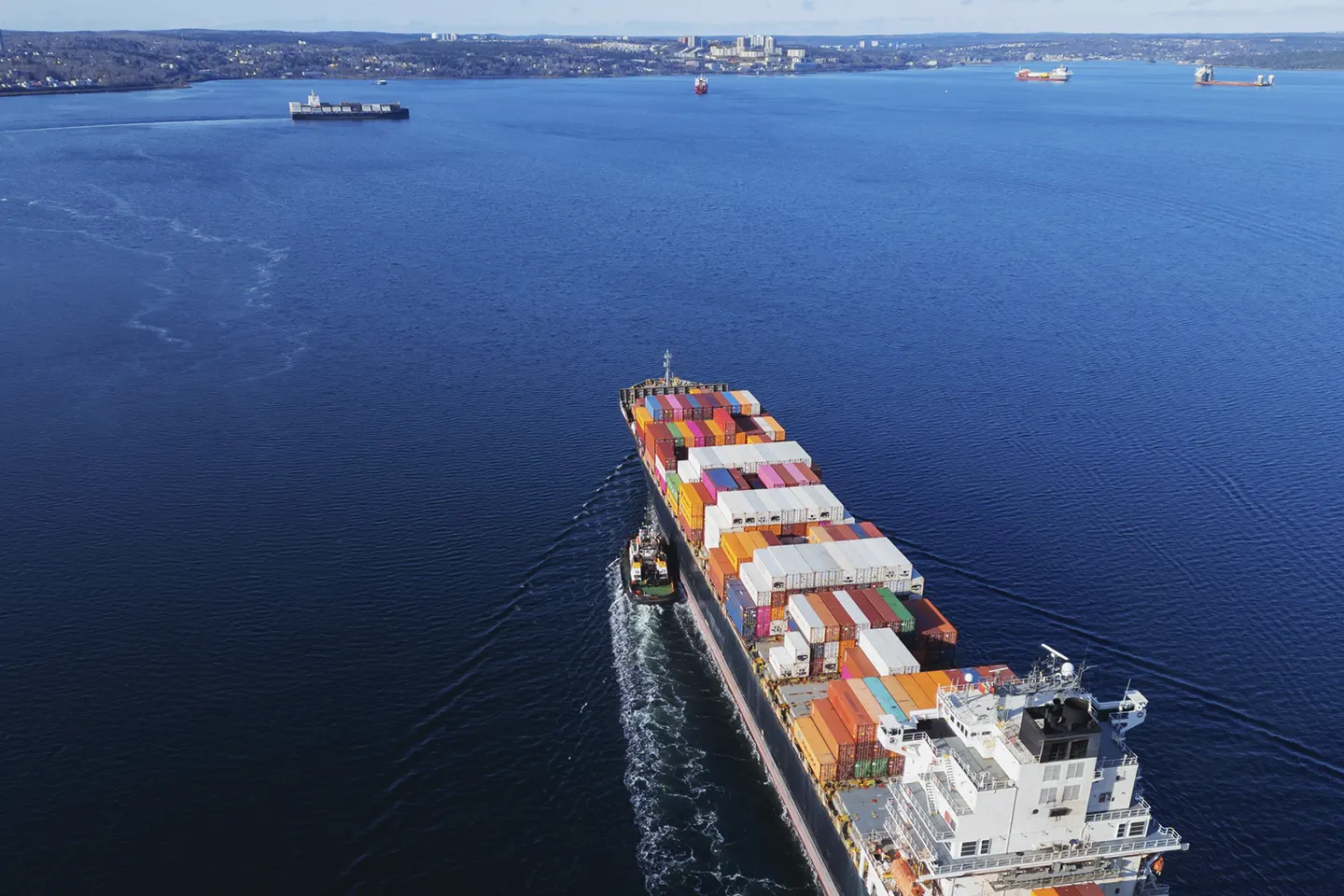OSFI Discussion Paper: Managing Uncertainty in Climate Change: Promoting Preparedness and Resiliency to Climate-Related Risk

The Office of the Superintendent of Financial Institutions (OSFI) this week released a discussion paper, titled Managing Uncertainty in Climate Change: Promoting Preparedness and Resiliency to Climate-Related Risk, that signals the federal watchdog will expect more robust disclosure of climate-related financial risks by banks, insurance companies and pension funds.
The Office is looking for feedback from federally regulated financial institutions, federally regulated pension funds and other interested stakeholders before determining what additional guidance and/or regulations it may adopt. Submissions are due to the OSFI by April 12, 2021.
For background, OSFI and the Bank of Canada have increasingly focused attention on looming risks to the country’s financial health posed by climate change. The potential impacts include impairment of business strategies and write-down of assets in carbon-intensive companies; physical damage to real estate and infrastructure from increasingly-severe weather events; and legal liability for companies that fail to properly manage risks. In order to disclose their own vulnerability to climate-related impacts, it is proposed that financial institutions will require customers to provide a clear accounting of their risks and what they are doing manage them.
Publicly-traded companies are facing greater demands from investors for more detailed and consistent disclosure of climate-related financial risks in their stock exchange filings. Regulation of equity markets falls under provincial jurisdiction, and the Ontario Securities Commission is considering calls to require mandatory reporting of climate-related financial risks.
The federal government is considering other measures to encourage companies to adopt best practices with regards to climate-related risk disclosure and management. That could include a requirement that companies have robust disclosure practices in place in order to qualify as a supplier in federal procurement contracts.
The OSFI paper released on Monday deals with how climate-related risks affect the “safety and soundness” of federally-regulated financial institutions. It notes those corporations also face broader issues associated with “Environmental, Social and Governance (ESG) factors” that “can pose financial and regulatory risks to investees and their asset holders.” OSFI will comment on those risks at a later date.
For financial institutions, OSFI noted the climate-related financial risks fall into three categories:
- Physical risks, such as rising sea levels, increased flooding, unprecedented heat waves, and forest fires that are intensified due to rising temperatures and drier conditions. Those weather-related events can impair business operations, especially for infrastructure and utility companies, and can threaten the value of assets such as commercial real estate and electricity transmission and distribution grids.
- Transition risks, which occur as government impose carbon taxes and other regulations designed to achieve greenhouse gas (GHG) emission reductions. Government policy and new technology can impair business strategies of incumbent, carbon-intensive industries and raise the risk of assets being stranded.
- Liability risks, in which companies and their boards of directors face legal action over their perceived failure to account for and manage climate-related financial matters.
OSFI is looking at three areas that could play a role in strengthening financial institution preparedness and resiliency to climate-related risk.
- It will assess capital requirements that are established based on evidence of financial risks that institutions face in relation to credit, market and operational factors. It will determine to what degree it should embed more specific climate-related risks into that determination. Such a move would prompt banks and other financial institutions to reduce their exposure to firms with high or ill-defined climate risks, to avoid having to set aside additional capital.
- OSFI will review its supervisory process to determine whether climate-related risks should be incorporated more specifically into guidance on risk assessment processes. That greater scrutiny would also, on balance, prompt banks to reduce their exposure to companies with high or ill-define climate risks.
- The regulator will also assess whether the sector is adopting increased greater market discipline that enhances disclosure, either through voluntary practices or mandatory disclosure rules that might be adopted by securities regulators.
The OSFI paper is the latest indication that Canadian companies need to be better prepared for the financial risks that will arise as society seeks to avert the worst impacts of climate change while adapting to the effects that are already baked in due to higher CO2 concentrations in the atmosphere.
This point was recently emphasized in a recent opinion piece by Sussex’s Shawn McCarthy and Robyn Gray in the Globe and Mail.


